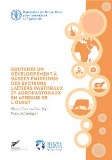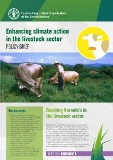África occidental
La ganadería es un sector económico clave en África occidental, ya que contribuye a una gran proporción del PIB agrícola de la región. Dentro de la cabaña de vacas lecheras, más de 8,5 millones de hembras lecheras producen cerca de 1 300 millones de litros de leche al año. En la última década, la producción de leche ha crecido casi un 5 % cada año. Sin embargo, el crecimiento del sector es insuficiente para responder al aumento aún mayor de la demanda de productos lácteos, que se prevé siga creciendo en las próximas décadas.
Los sistemas de producción pastorales y agropastorales de África occidental están adaptados a entornos duros con escasos recursos naturales. Proporcionan una amplia gama de beneficios, como la producción de alimentos, servicios socioeconómicos (por ejemplo: generación de ingresos, transporte, ahorro, seguros, valor cultural, etc.) y servicios medioambientales (por ejemplo: ciclo de nutrientes, regulación de invasiones e incendios, mantenimiento de paisajes, hábitats y recursos genéticos, etc.).
La estacionalidad afecta en gran medida a la calidad y disponibilidad de los recursos alimenticios y, por consiguiente, repercute en la producción ganadera. La trashumancia y la diversificación de los recursos alimentarios han sido estrategias tradicionales adoptadas en los sistemas de producción pastorales y agropastorales, pero la estacionalidad sigue siendo una importante limitación para la productividad lechera en los países de África occidental. Dado que el cambio climático agravará la variabilidad estacional e interanual de las precipitaciones, así como la frecuencia de las sequías y otros fenómenos extremos; abordar la estacionalidad es clave para mejorar el sector ganadero en África occidental.

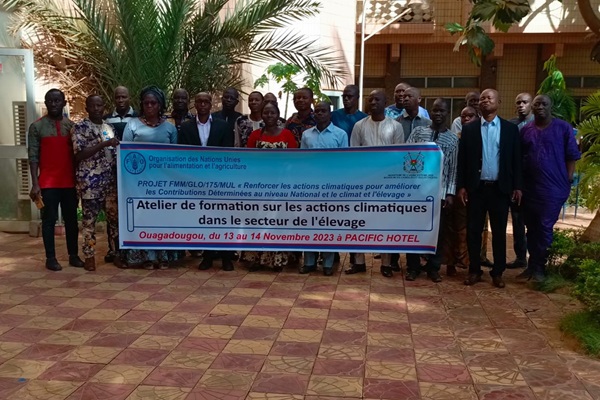
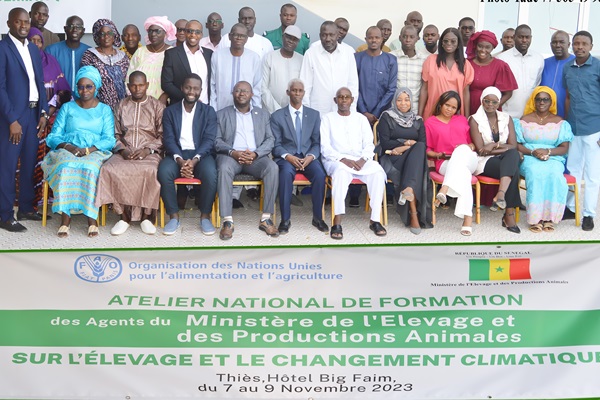
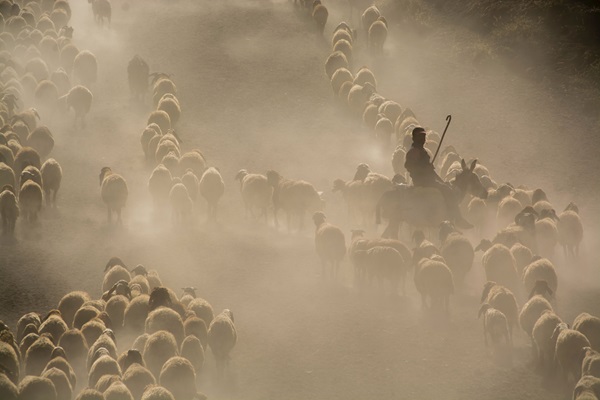
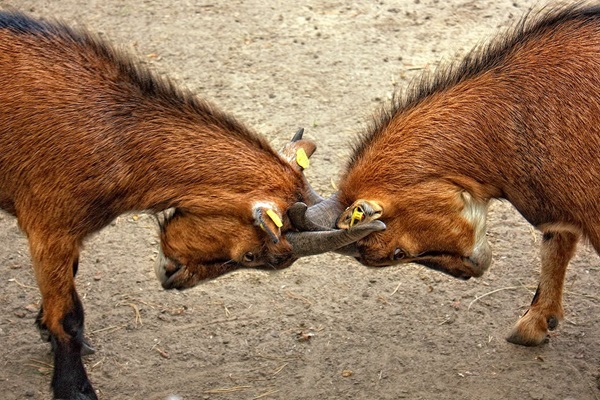
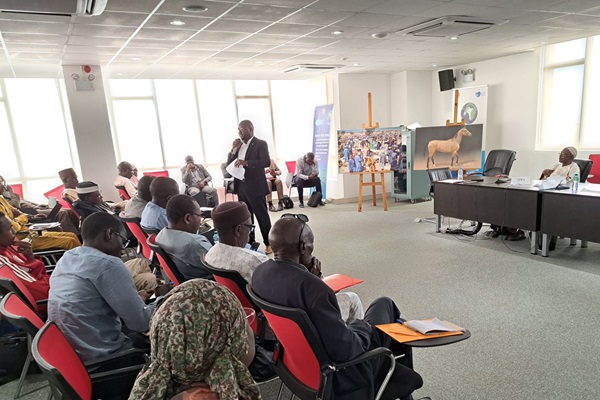

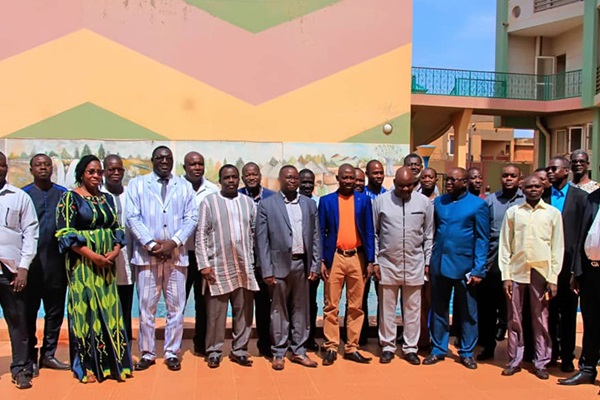
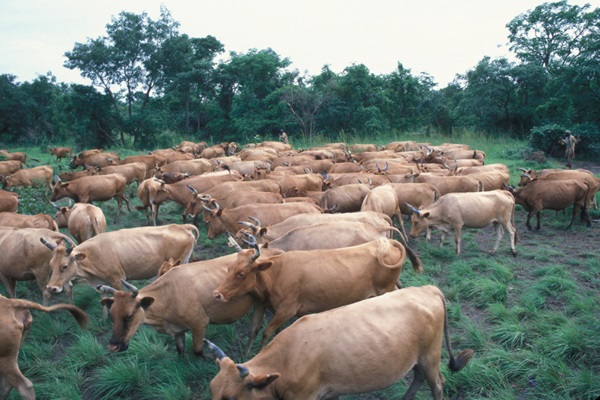
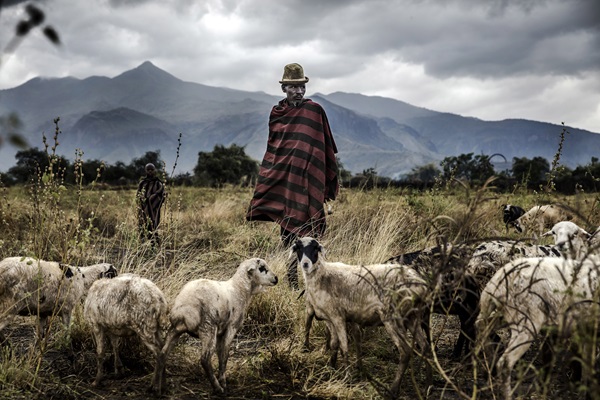


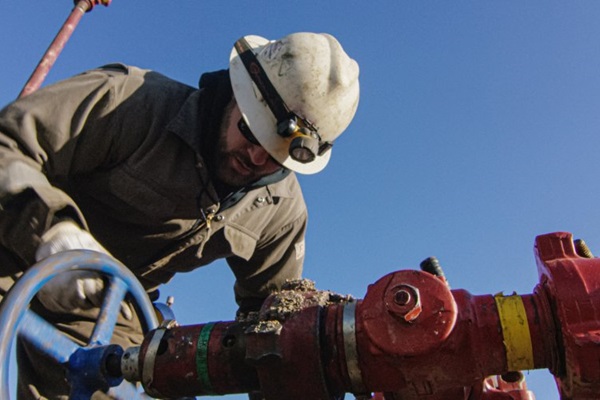

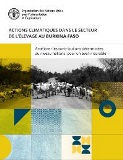
.tmb-th600x450.jpg?Culture=es&sfvrsn=d1641d27_3)
